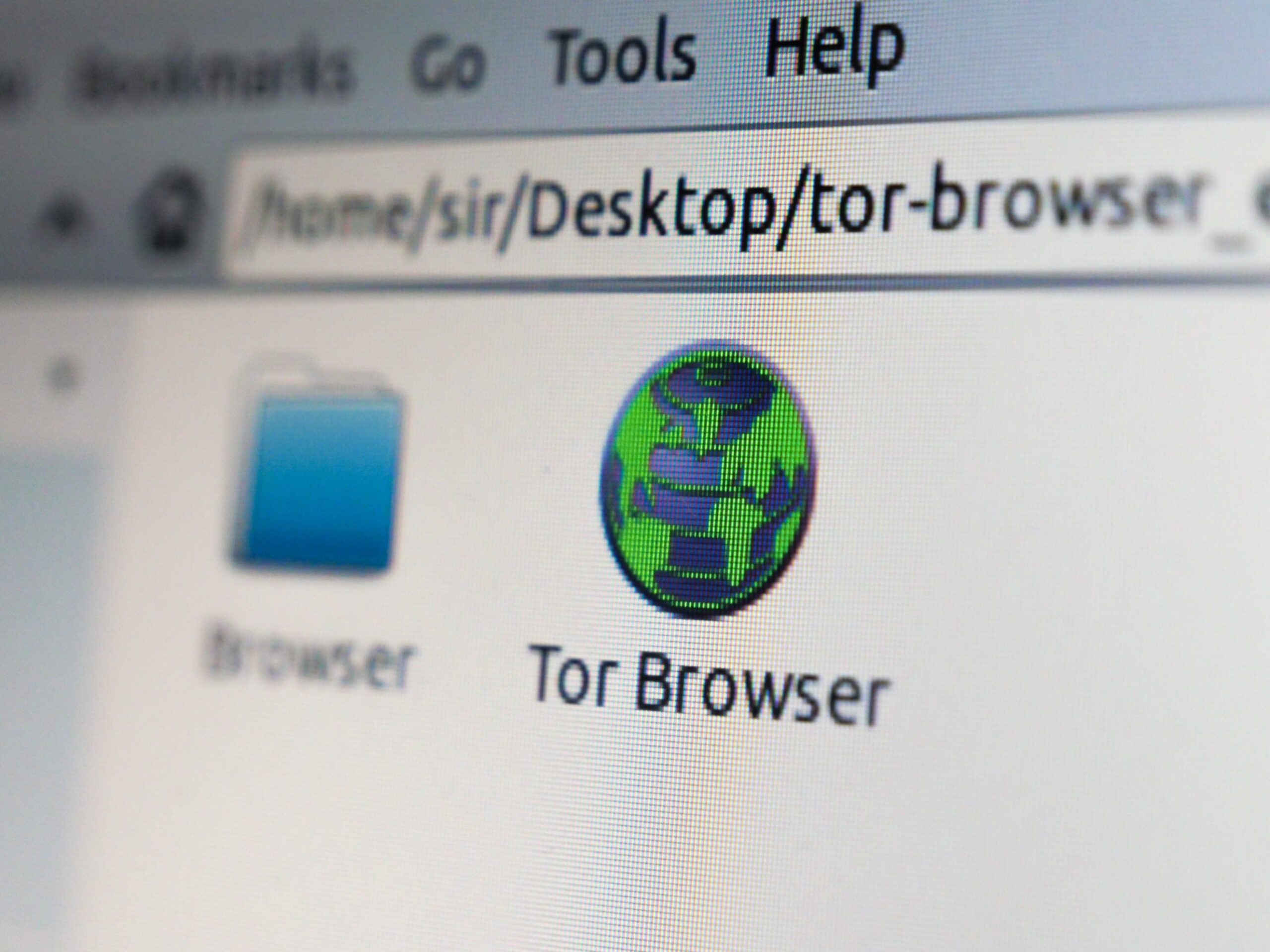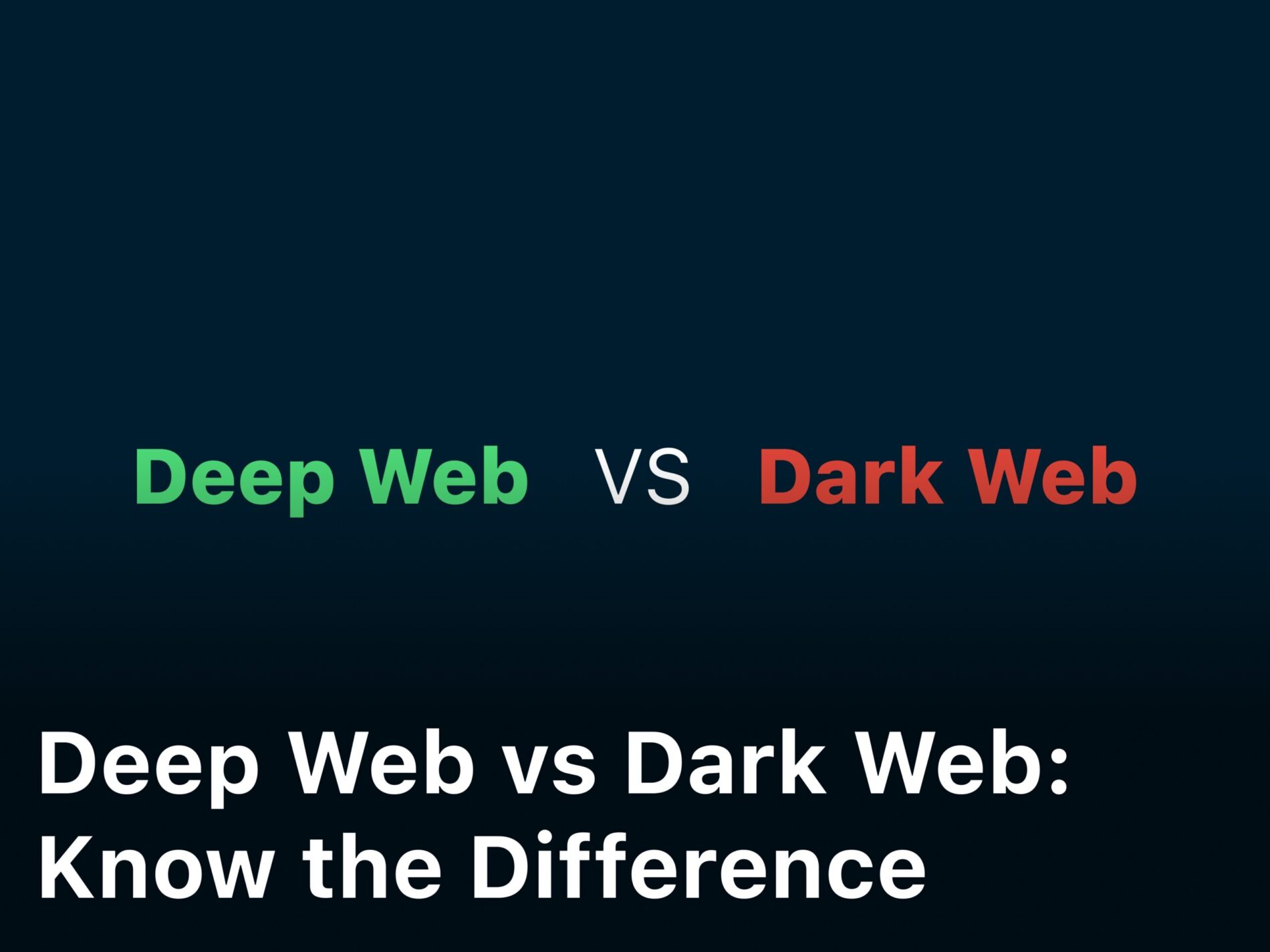Deep Web vs Dark Web: Know the Difference
Ever get confused between the Deep Web and Dark Web? You’re not alone. Most people use these terms interchangeably, but they are two very different parts of the internet. The Deep Web refers to parts of the internet not indexed by search engines like Google. This includes things like your email inbox, private social media profiles, and streaming media services. The Dark Web, on the other hand, refers to intentionally hidden websites that can only be accessed using special software like Tor. The Dark Web is where you’ll find illegal black markets, unregulated cryptocurrency exchanges, and other shady corners of the internet. While the Deep Web makes up 96% of the internet, the Dark Web only comprises about 4% of the total internet space. But that 4% contains a lot of illegal and unethical activity, so you need to access it with caution.
Exploring the Depths of the Internet: Deep Web vs Dark Web
The internet holds mysteries beneath the surface web we all know and use. The deep web and dark web are hidden parts of the internet most don’t explore. But what exactly are they and how do they differ?
The deep web refers to parts of the internet not indexed by search engines like Google. This includes things like your email inbox, online banking portals, and streaming media services. The deep web is massive, estimated to be 500 times larger than the surface web.
The dark web is a small part of the deep web that has been intentionally hidden and is inaccessible through standard web browsers. You need special software like Tor to access dark web sites and content. The dark web is completely anonymous and untraceable. Some use it to protect their privacy or share sensitive materials, but it is also popular for illegal activity like drug trafficking or other black markets.
While the deep web is mostly innocuous, the dark web is decidedly more sinister. However, not all dark web activity is illegal or dangerous. Some use it to avoid censorship or share sensitive data anonymously. The dark web provides complete anonymity and secrecy, for better or worse.
The internet has hidden depths most never see. But whether you’re accessing private records or illegal contraband, the deep web and dark web allow information to flow freely in the shadows. Tread carefully, and bring a flashlight.
What Exactly Is the Deep Web?
The deep web refers to parts of the internet that aren’t indexed by search engines like Google. This hidden web contains tons of content that simply can’t be found using traditional search methods.
- Public records and data: Things like court documents, property records, voter registration info, etc. This data is out there but search engines don’t have access.
- Academic resources: Countless reports, studies, journals, and scholarly information live in university databases and library archives. Unless you have a login, you’ll never stumble upon these sources.
- Private business data: Financial records, customer info, trade secrets, and more. Companies keep this data tucked away for privacy and security reasons.
- Old content: Websites and files that have been abandoned or forgotten but still exist on servers. Without ongoing maintenance and updates, search engines eventually stop indexing them.
- Government data: Information like military records, public policy documents, budgets, and more. Governments restrict access to some of this data for security and privacy.
- Tor hidden services: Websites and networks on the Tor network are designed to mask the location and owners of the services. You need special anonymizing software like the Tor browser to access them.
The deep web is vast and contains a treasure trove of useful information as well as some shady content. With the right tools and skills, you can safely tap into at least some of what it has to offer. But for most casual web users, the deep web remains a mystery.
What Is the Dark Web?
The Dark Web refers to encrypted online content that is not indexed by conventional search engines like Google. It is only accessible through specialized Dark Web browsers like Tor that anonymize Internet usage and hide your real IP address.
What’s On the Dark Web?
The Dark Web is notorious for illegal activity, but it also has legitimate uses. Originally created by the U.S. Navy to protect government communications, Tor is still used by activists, journalists and whistleblowers to anonymously share sensitive information. However, the Dark Web is also a hotbed for the drug trade, weapons sales, money laundering and other shady dealings.
How to Access the Dark Web
To access the Dark Web, you need to download a special browser like Tor that hides your identity and location. Once installed, use it to visit anonymous websites with .onion URLs versus regular .com or .net addresses. These .onion sites do not show up on typical web searches and contain a mix of legitimate and illicit content.
Be very careful exploring the Dark Web, as it can be a dangerous place. Never access any site that promotes criminal plans or activities. Law enforcement routinely monitors the Dark Web, so any illegal behavior can still be traced back to you.
Related Article : 5 Best Dark Web Search Engines
Staying Anonymous
If you do access the Dark Web for legitimate reasons, be sure to take precautions to maximize your anonymity. Never access the Dark Web from a public Wi-Fi network which can expose your information. Use an encrypted messaging service and virtual private network or VPN to hide your online footsteps. Make sure to disable location services on your device as well.
The Dark Web provides an outlet for free speech and political dissent, but also enables dangerous criminal activity. Use it cautiously and avoid illegal websites to ensure your privacy and security. With the right safeguards in place, the Dark Web can be accessed responsibly.
Key Differences Between the Deep Web and Dark Web
The deep web and dark web are not the same. While they both refer to parts of the internet not indexed by search engines, there are some key differences you should understand.
Accessibility
The deep web is simply the parts of the internet not indexed by search engines like Google. This includes things like your email inbox, private social media profiles, and paywalled content. The deep web is still accessible to anyone with an internet connection.
The dark web, on the other hand, refers to overlay networks that are only accessible with special software like Tor. Websites on the dark web are anonymous and hidden, so they are not indexed by any search engines. The dark web is much more difficult for the average internet user to access.
Content
The deep web contains a mix of benign and illegal content, just like the surface web. The dark web, however, is known for hosting illegal marketplaces, unregulated cryptocurrency exchanges, and other illicit content. Of course, not all dark web content is illegal, but it does make up a large portion of the dark web.
Anonymity
While deep web content may be private or anonymous to some degree, the dark web is designed specifically to anonymize its users and hide their online activity. The dark web uses special software like Tor to mask IP addresses and encrypt traffic, allowing users to conduct anonymous communication and transactions.
In summary, the deep web refers to private and unindexed internet content that is still accessible to most users. The dark web is an overlay network specifically designed for anonymity and often hosts illegal content and marketplaces. Both represent parts of the internet beyond the reach of mainstream search engines and casual web surfers.
Staying Safe in the Deep and Dark Corners of the Web
Use Strong Passwords
When accessing anything on the deep or dark web, use unique, complex passwords for each site. The more random the password, the better. Aim for at least 16 characters, including a mix of letters, numbers and symbols.
Use Anonymous Networks

To mask your IP address and cover your digital tracks, use networks like Tor, I2P or Freenet. These make your connection anonymous by bouncing it around a distributed network of relays run by volunteers around the world.
Be Careful What You Click
Stay cautious with any links, downloads or software on anonymous networks. Malware, viruses and other threats run rampant in some areas of the deep and dark web. Only download from trusted sources.
Never Share Personal Details
Guard your personal information closely. Never share details like your real name, address, phone number, passwords or credit card numbers on any website accessed through anonymous networks.
Be Vigilant For Scams
Unfortunately, a lot of shady activity happens in the deepest, darkest corners of the web. Watch out for common scams like blackmail, fraud or people asking you to launder money. Never send money or gift cards to anyone you meet through these networks.
Stay Within Legal Boundaries
While it can be tempting to explore the forbidden fruit of the dark web, avoid anything overtly illegal like purchasing weapons, drugs or other contraband goods. You never know who’s really behind that “anonymous” seller.
Exploring the deep and dark web can be fascinating, but also risky. Take all necessary safety precautions to avoid becoming a victim of the many threats that lurk in the shadows. With vigilance and common sense, you can safely navigate to satisfying depths, but be ready to surface quickly if anything feels off. The web’s dark corners contain many unknown dangers, so go slowly, watch your step and don’t get in over your head.
Conclusion
Deep web or dark web, it’s easy to get confused by these shady-sounding terms. But understanding the difference can help you stay safe online and avoid danger. Now you know the deep web is just the hidden parts of the normal internet, while the dark web refers to encrypted networks intentionally hidden from search engines. Most of us will never need to access the dark web, so keep using the open internet you know and love. Just be cautious of what information you share and be on alert for scams. Knowledge is power, so keep learning and stay curious – just maybe not too curious about the dark web! Stick to kittens and memes instead.




